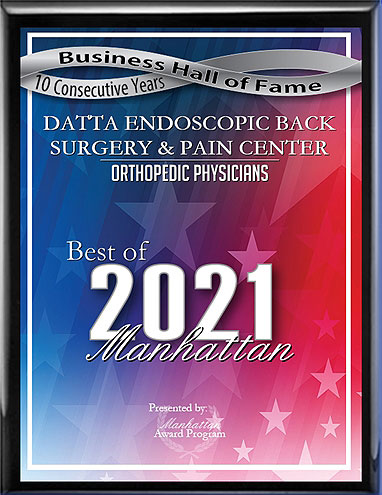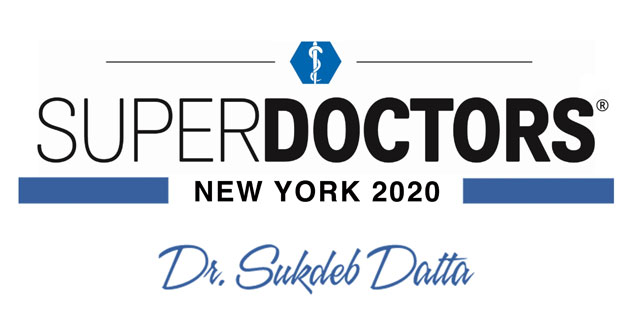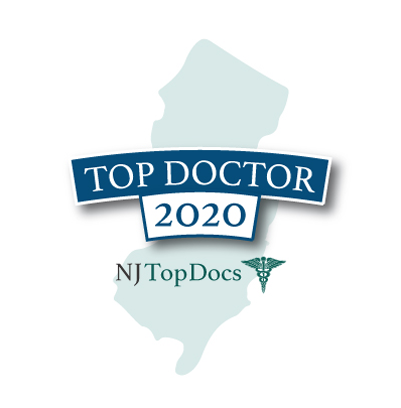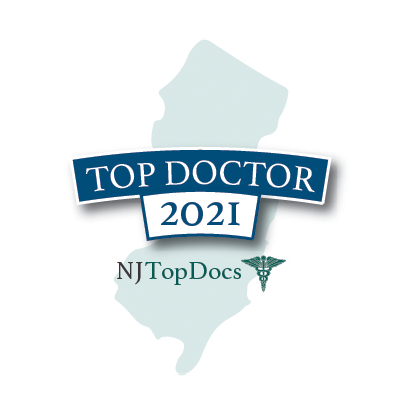Symptoms
The most common conditions that require disc surgery in the lumbar spine are herniated and bulging discs. In addition, some people undergo surgery to treat degenerative disc disease; that procedure is much more intensive than the treatment for herniated and bulging discs.
A herniated disc occurs when the outer portion of the disc ruptures, allowing the soft, inner portion to push through. A bulging disc occurs when the outer portion of the disc flattens out, like a hamburger too big for its bun. When the excess tissue presses against nerves, symptoms result. People with either conditions may not have any symptoms at all; others experience severe pain or neurological symptoms. In general, bulging discs are less likely to need treatment. Symptoms of herniated and bulging discs include:
- Pain in the lower back
- Pain in the buttock or leg
- Sciatica
- Tingling or numbness in the leg
- Muscle weakness
Both herniated and bulging discs occur most commonly in the lumbar spine, which bears the most weight and still retains a considerable range of motion. Fortunately, the lumbar spine is also relatively less risky to operate on, since the spinal cord usually ends at the first lumbar vertebrae. While surgery on any part of the spine is a subtle procedure, the thoracic and cervical areas are especially delicate.
Surgical Treatment
For patients who need it, surgery is an effective treatment for herniated and bulging discs. However, all surgeries involve some risk of complications and require some amount of downtime. For this reason, surgical treatment is generally only considered to treat disc problems after conservative treatments have failed. In general, conservative treatments seek to alleviate symptoms in two ways: reducing the amount of weight borne by the discs, and reducing the amount of inflammation in the area. Methods include:
- Rest
- Physical therapy
- Chiropractic treatment
- Weight loss
- Anti-inflammatory medication
- Epidural steroid injections
Surgery is an especially strong option for patients who are experiencing severe pain or neurological symptoms. In addition, patients who are otherwise in good health are more likely to be good candidates. Serious health problems such as diabetes, heart disease, and high blood pressure make surgery riskier, though not out of the question.
If you have a herniated or bulging disc and have failed to respond to conservative treatments, you may be a good candidate for lumbar disc surgery. Patients who need surgery have two options: traditional open back surgery, which is performed in a hospital and requires considerable downtime, and laser back surgery, which is a minimally invasive outpatient procedure with a much faster recovery. Some patients who have been told that they are not a candidate for traditional spine surgery may still be eligible for laser spine surgery. While the two procedures vary in how invasive they are, how much recovery time is required, and the risk of some side effects, both are effective at treating disc conditions.
To schedule a consultation about treatment for your lumbar spine pain, please call the Datta Endoscopic Back Surgery and Pain Center at 212-430-0312.






 EDISCSCULPT
EDISCSCULPT



